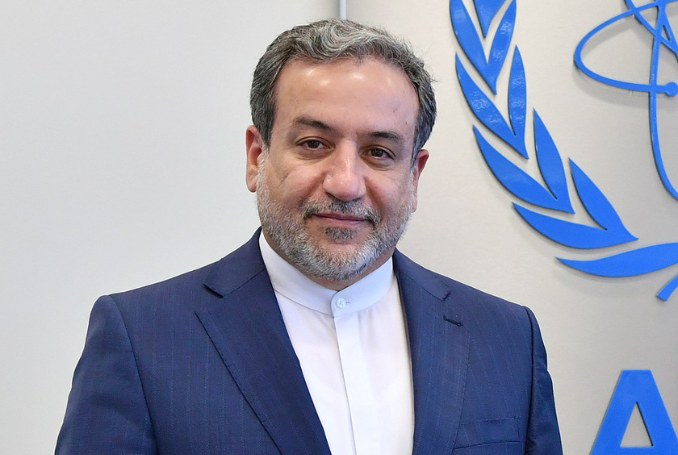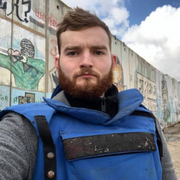By Robert Inlakesh
 Iranian Foreign Minister Abbas Araghchi. (Photo: IAEA Imagebank, via wikimedia commons)
Iranian Foreign Minister Abbas Araghchi. (Photo: IAEA Imagebank, via wikimedia commons)
Described as a “moderate” politician in the Western media, the newly crowned Iranian Foreign Minister Abbas Araghchi strikes a diplomatic tone especially when it comes to European nations and was engaged in negotiating the 2015 Iran Nuclear Deal.
However, despite his more open stance towards the West, his politics are still explicitly in line with maintaining Tehran’s regional alliances and supporting the Palestinian Resistance.
Seyyed Abbas Araghchi was born on December 14, 1962, and is a veteran Iranian diplomat who has been working as the secretary of the Strategic Council of Foreign Relations since 2021.
Araghchi first began working for the Iranian Ministry of Foreign Affairs back in 1989, later serving as Ambassador to Finland (1999-2003) under former President Mohammad Khatami, before going on to become Ambassador to Japan (2007-2011) and later Spokesperson for the Ministry of Foreign Affairs (2013) under the Presidency of Mahmoud Ahmadinejad.
From 2017 to 2021, he held the position of Political Deputy Minister of Foreign Affairs of Iran and was also a member of Iran’s nuclear negotiating team with the 5+1 group that traveled to Vienna in order to revive the 2015 Joint Comprehensive Plan Of Action (JCPOA).
Abbas Araghchi earned a bachelor’s degree in international relations from the Faculty of International Relations of the Ministry of Foreign Affairs, a master’s degree in political science from Islamic Azad University’s Central Tehran branch, as well as a doctorate in political thought from Kent University.
Hailing from what has been described as a traditional family in Tehran, Araghchi has three sisters and three brothers, and most of his family members were active in business and trade. His grandfather was a carpet merchant, while he lost his father at the age of 17. Of his two older brothers, one is a member of the board of the Exporters Union and the other is a member of the Sellers Union. He also was part of the Islamic Revolutionary Guard Corp (IRGC) during the Iran-Iraq war, after which he decided to go into politics and foreign affairs.
While Abbas Araghchi was included as a member of the Iran Nuclear Deal negotiating team and participated in managing its follow-up, earning him the title of “moderate” in the Western World, he has pledged his full support to Iran’s regional “Axis of Resistance”. Tehran will still continue its support for its allies in Syria, Yemen, Iraq, Palestine and Lebanon.
Araghchi will however adopt a more open approach to the West, attempting to mend ties despite the repeated failures to do so in the past and the complete unwillingness of the Europeans to abandon orders from their ally in Washington.
For instance, Tehran is already making strides towards boosting ties with Japan and Abbas Araghchi released a statement in which he said that “the Islamic Republic of Iran welcomes the development of relations with the European Union in an environment based on mutual respect,” before making contact with top EU officials.
At the same time, Araghchi has affirmed Iran’s right to retaliate against Israel for the illegal assassination of Hamas chief Ismail Haniyeh in Tehran.
The threat of retaliation against the Israelis has been met with condemnation from European powers who refused to condemn Israel’s violation of Iranian sovereignty.
This stance of easing into mending ties with Europe at this time has drawn criticism however, as it has been dubbed as an old failed strategy, with some believing that Iran’s previous policies under President Ebrahim Raisi were more realistic.
Regardless, we are yet to see what Abbas Araghchi may achieve and whether a victory for Donald Trump in the November US Presidential elections will impact his strategic approach.
(The Palestine Chronicle)

– Robert Inlakesh is a journalist, writer, and documentary filmmaker. He focuses on the Middle East, specializing in Palestine. He contributed this article to The Palestine Chronicle.

No comments:
Post a Comment